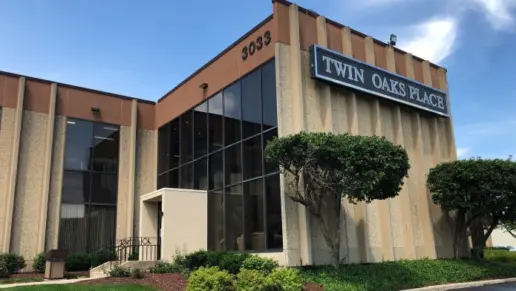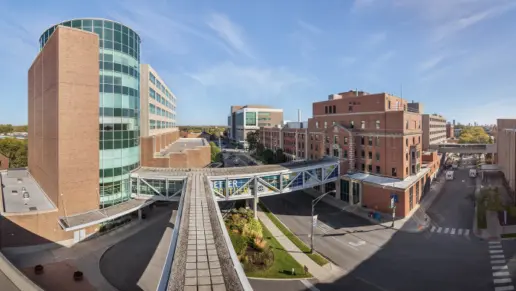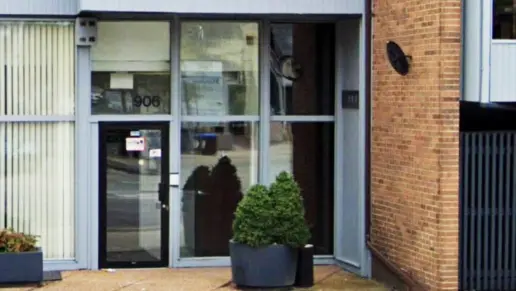I am surprised to see so many one stars, I have been to MANY treatment centers, and this one 3 times! This is my absolute favorite. The nurses make it so comfortable and genuinely care about all the patients. The groups and who run them are all very informed on what they are ...
About Ascension Holy Family
Ascension Holy Family - Addiction Services formerly known as Presence Holy Family Medical Center is a faith-based acute care hospital and treatment center for adults in Des Plaines, Illinois They provide comprehensive medical care, mental health and addiction resources, psychiatric services, education, community mental health, and aftercare.
Addiction and mental health related services offered at Ascension Holy Family – Addiction Services include assessments and treatment plans, outpatient treatment, substance use disorder residential programs, co-occurring treatment, partial hospitalization, medical detox, counseling, medication-assisted treatment, interventions, medication management, community-based referrals, and specialized addiction treatment for law enforcement.
Assessments help to determine whether a person shows symptoms of substance use disorders and the acuity of their condition, such as whether there is drug dependence and detoxification is required. Ascension Holy Family – Addiction Services uses a variety of treatment modalities: short term treatment, motivational interviewing, neurofeedback therapy, counseling, group therapy, psychoeducation, skill development, mindfulness, hypnotic withdrawal, family counseling, DBT, emotional regulation and stress reduction techniques, REBT, and brain mapping.
Like residential programs, the intensive outpatient program is for those who would benefit from a structured treatment program but who also wish to live at home and continue with certain responsibilities (such as work or school). Varying in duration and intensity, depending on the acuity of the individual, programs at Ascension Holy Family are typically 5 days and 3 evenings per week, allowing patients to continue working and living at home while receiving treatment.
The PHP program at Ascension Holy Family – Addiction Services is in between intensive outpatient and residential treatment. It is for individuals who have acute symptoms but do not need 24-hour care. The program includes meeting most days a week for up to six hours and will include individual and group therapy.
Ascension Holy Family – Addiction Services are designed for adults with substance use disorder and those with co-occurring conditions. Participants attend individual and group treatment sessions for improved coping skills, peer support, and recovery community. Sessions are held 3-4 days a week, depending on the individual circumstances.
Ascension Holy Family – Addiction Services substance use disorder treatment programs rely on evidence-based practices to treat addiction and co-occurring conditions. They offer programs for adults over the age of 18. The treatment process starts with a comprehensive clinical assessment to determine individual needs, then either inpatient or outpatient rehab services. Counselors work with participants to create a client-centered treatment plan with comprehensive relapse prevention planning, medication management, one-to-one counseling, and follow up care.
The clinical team determines a comprehensive aftercare plan prior to discharge in consultation with the patient. The plan may include attending outpatient support groups and visiting their therapist at regular intervals.
There are various payment options at Ascension Holy Family – Addiction Services, including Medicare, Medicaid, Tricare, self-pay, commercial insurance, and sliding scale payment assistance.
Latest Reviews
Rehab Score
Gallery
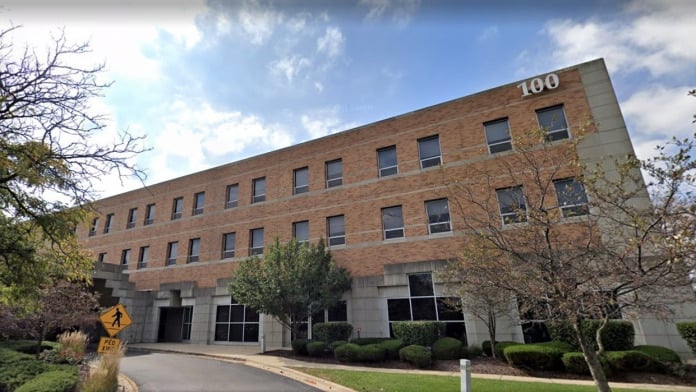
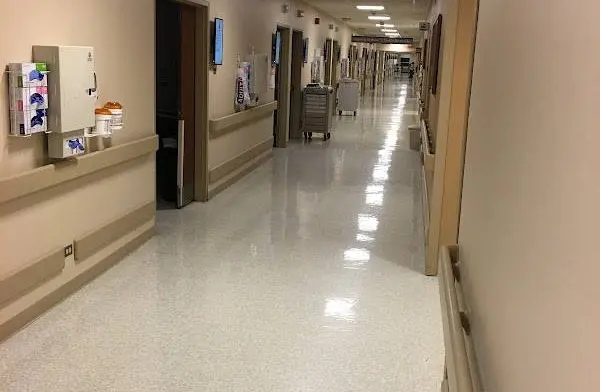
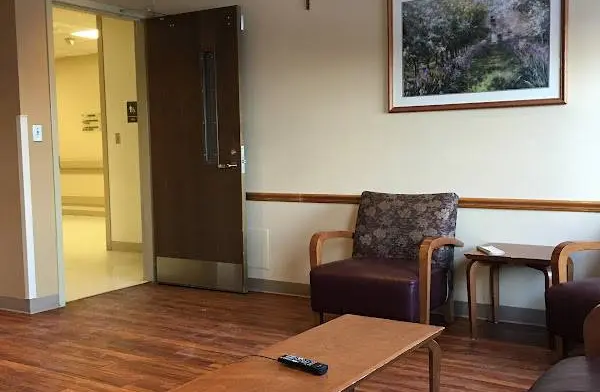

Location
Accepted Insurance
Other Forms of Payment
Private insurance refers to any kind of healthcare coverage that isn't from the state or federal government. This includes individual and family plans offered by an employer or purchased from the Insurance Marketplace. Every plan will have different requirements and out of pocket costs so be sure to get the full details before you start treatment.
Self-pay involves paying for treatment out of your own pocket. You can use savings or credit, get a personal loan, or receive help from family and friends to fund your treatment. If you don't have insurance or your insurance plan doesn't cover a specific program, self-pay can help ensure you still get the care you need.
Financial aid can take many forms. Centers may have grants or scholarships available to clients who meet eligibility requirements. Programs that receive SAMHSA grants may have financial aid available for those who need treatment as well. Grants and scholarships can help you pai for treatment without having to repay.
Military members, veterans, and eligible dependents have access to specific insurance programs that help them get the care they need. TRICARE and VA insurance can help you access low cost or no cost addiction and mental health treatment. Programs that accept military insurance often have targeted treatment focused on the unique challenges military members, veterans, and their families face.
Medicaid is a state based program that helps lower-income individuals and families pay for healthcare. Medicaid covers addiction treatment so those enrolled can use their coverage to pay for rehab. When a program accepts Medicaid the client often pays very little or nothing out of their own pocket.
Medicare is a federal program that provides health insurance for those 65 and older. It also serves people under 65 with chronic and disabling health challenges. To use Medicare for addiction treatment you need to find a program that accepts Medicare and is in network with your plan. Out of pocket costs and preauthorization requirements vary, so always check with your provider.
Addiction Treatments
Levels of Care
Treatments
The goal of treatment for alcoholism is abstinence. Those with poor social support, poor motivation, or psychiatric disorders tend to relapse within a few years of treatment. For these people, success is measured by longer periods of abstinence, reduced use of alcohol, better health, and improved social functioning. Recovery and Maintenance are usually based on 12 step programs and AA meetings.
Drug rehab in Illinois is designed to help people recover from addiction to a number of substances. The length of each program and its intensity tend to vary, and the plan of care is based on your individual needs.
A combined mental health and substance abuse rehab has the staff and resources available to handle individuals with both mental health and substance abuse issues. It can be challenging to determine where a specific symptom stems from (a mental health issue or an issue related to substance abuse), so mental health and substance abuse professionals are helpful in detangling symptoms and keeping treatment on track.
Opioid rehabs specialize in supporting those recovering from opioid addiction. They treat those suffering from addiction to illegal opioids like heroin, as well as prescription drugs like oxycodone. These centers typically combine both physical as well as mental and emotional support to help stop addiction. Physical support often includes medical detox and subsequent medical support (including medication), and mental support includes in-depth therapy to address the underlying causes of addiction.
Programs


Clinical Services
Cognitive Behavioral Therapy (CBT) is a therapy modality that focuses on the relationship between one's thoughts, feelings, and behaviors. It is used to establish and allow for healthy responses to thoughts and feelings (instead of unhealthy responses, like using drugs or alcohol). CBT has been proven effective for recovering addicts of all kinds, and is used to strengthen a patient's own self-awareness and ability to self-regulate. CBT allows individuals to monitor their own emotional state, become more adept at communicating with others, and manage stress without needing to engage in substance abuse.
Dialectical Behavior Therapy (DBT) is a modified form of Cognitive Behavioral Therapy (CBT), a treatment designed to help people understand and ultimately affect the relationship between their thoughts, feelings, and behaviors. DBT is often used for individuals who struggle with self-harm behaviors, such as self-mutilation (cutting) and suicidal thoughts, urges, or attempts. It has been proven clinically effective for those who struggle with out-of-control emotions and mental health illnesses like Borderline Personality Disorder.
Group therapy is any therapeutic work that happens in a group (not one-on-one). There are a number of different group therapy modalities, including support groups, experiential therapy, psycho-education, and more. Group therapy involves treatment as well as processing interaction between group members.
In individual therapy, a patient meets one-on-one with a trained psychologist or counselor. Therapy is a pivotal part of effective substance abuse treatment, as it often covers root causes of addiction, including challenges faced by the patient in their social, family, and work/school life.
Motivational Interviewing (MI) is a clinical approach to helping people with substance abuse issues and other conditions shift behavior in positive ways. It is more goal-oriented than traditional psychotherapy, as MI counselors directly attempt to get clients to consider making behavioral change (rather than wait for them to come to conclusions themselves). Its primary purpose is to resolve ambivalence and help clients become able to make healthy choices freely.
Trauma therapy addresses traumatic incidents from a client's past that are likely affecting their present-day experience. Trauma is often one of the primary triggers and potential causes of addiction, and can stem from child sexual abuse, domestic violence, having a parent with a mental illness, losing one or both parents at a young age, teenage or adult sexual assault, or any number of other factors. The purpose of trauma therapy is to allow a patient to process trauma and move through and past it, with the help of trained and compassionate mental health professionals.
Family support is necessary for your successful substance abuse treatment. Families are welcome to attend education sessions designed to help them understand various aspects of addiction and co-dependency and give them strategies to support you. Family members are also invited to be involved in meetings with you and your case manager.
Life skills trainings involve all the skills a person must have in order to function successfully in the world. These include time management, career guidance, money management, and effective communication. Truly successful addiction recovery is based on the ability to not only live substance-free, but to thrive. Life skills teaches the practical necessities of functioning in society, which sets clients up for success in life, and therefore sobriety.
Amenities
-
Private Setting
-
Wifi
-
Private Transportation
-
Private Rooms
Staff & Accreditations
Staff
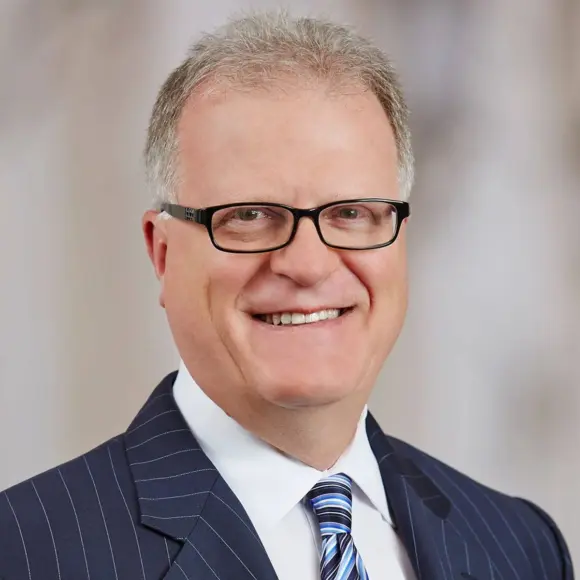
CEO
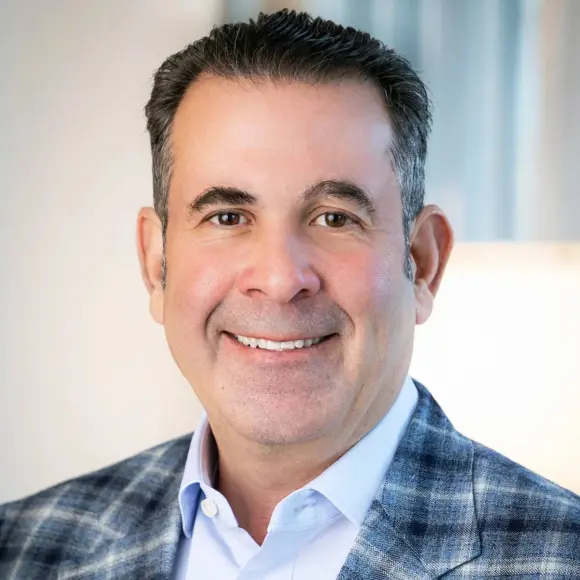
President
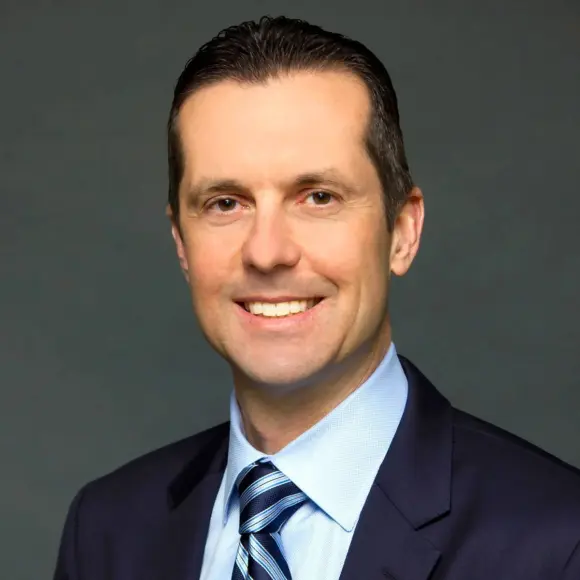
Executive VP & Chief of Staff
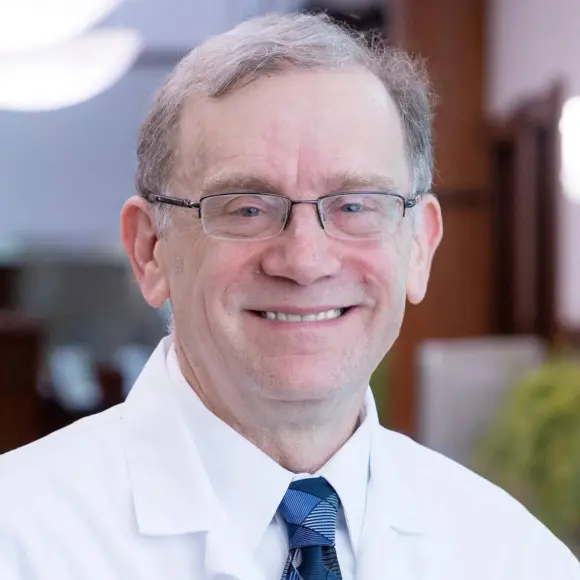
Executive VP & CCO

Executive VP & Chief Human Resources Officer
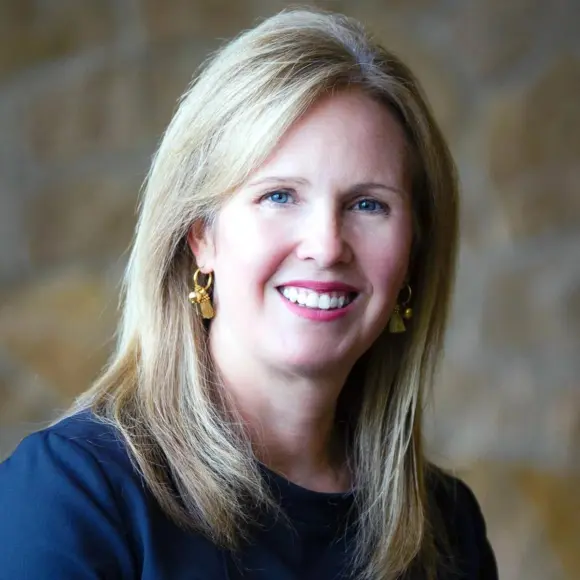
Executive VP & General Counsel
Accreditations

State Licenses are permits issued by government agencies that allow rehab organizations to conduct business legally within a certain geographical area. Typically, the kind of program a rehab facility offers, along with its physical location, determines which licenses are required to operate legally.
State License: Illinois

The Joint Commission, formerly known as JCAHO, is a nonprofit organization that accredits rehab organizations and programs. Founded in 1951, the Joint Commision's mission is to improve the quality of patient care and demonstrating the quality of patient care.
Joint Commission Accreditation: Yes
Accreditation Number: 7326
Contact Information
100 North River Road
Des Plaines, IL 60016





